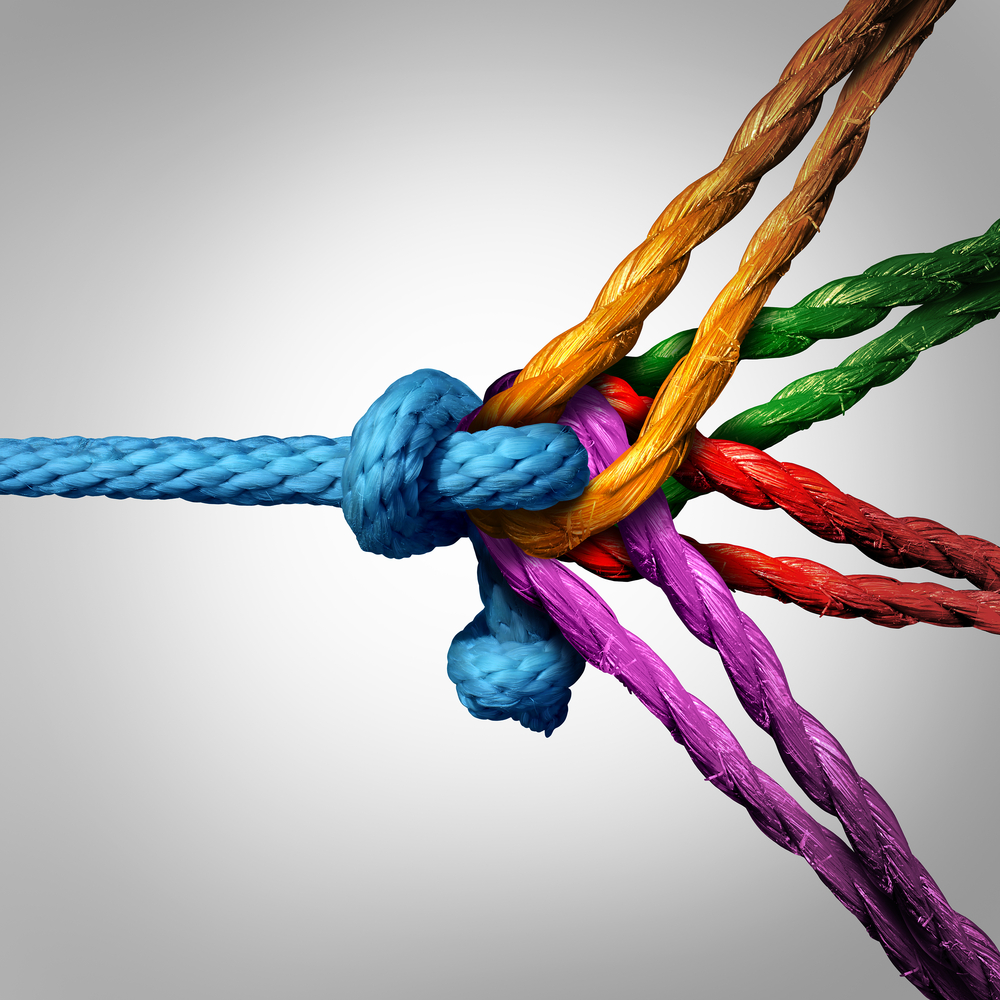Posttraumatic stress disorder (PTSD) and obsessive-compulsive disorder (OCD) are complex mental health conditions. What is less well-known is the common co-occurrence of these disorders in people who have survived traumatic experiences.
OCD and PTSD Co-occurrence
Current research shows that the chance of an individual diagnosed with PTSD developing OCD within one year is around 30% 1. Obsessive-compulsive disorder has received extensive study and conceptualisation, yet it persists as one of the most incapacitating, prevalent, and costly disorders individuals can experience, as is often misunderstood by society.
In line with estimates for the general population, more than 50% of individuals diagnosed with OCD have encountered at least one potentially traumatic event. However, among those with treatment-resistant OCD, a significant 82% report a history of extensive trauma 2.
Understanding the Intricacies of OCD
OCD is widely mislabeled and misunderstood, often thought of by people as a personality trait instead of a medical condition with complex underlying factors for which people can receive treatment and other professional support. OCD is more than a desire for order and cleanliness. While these can be symptoms present, OCD encompasses a much broader range of obsessions and compulsions. Intrusive thoughts, irrational fears, and repetitive behaviours can manifest in various ways, impacting multiple areas of an individual’s life.
Genetic predisposition, neurobiological abnormalities, and environmental influences all play significant roles in the development of OCD. It is not a choice or a character trait but a genuine disorder that necessitates understanding and support. A common misconception is that individuals with OCD can simply overcome their obsessions and compulsions through sheer willpower or self-control. However, OCD is a neurobiological condition that surpasses personal determination. The intense anxiety and distress caused by OCD make it particularly challenging for individuals to resist compulsions without proper treatment and support. While many of us experience repetitive thoughts or behaviours, those with OCD face persistent and disruptive patterns that significantly affect their daily lives.
Addressing these misconceptions surrounding OCD is crucial. By promoting awareness, education, and empathy, we can foster a better understanding of the disorder and create a more compassionate and inclusive society for individuals living with OCD.
Obsessions
Obsessions refer to recurring and intrusive thoughts, impulses, or images viewed as inappropriate and unwelcome. These obsessions trigger immense distress and anxiety for individuals with OCD. For those with OCD, these obsessions are more than concerns about life issues. Despite being aware of their irrationality, individuals with OCD struggle to suppress or disregard these obsessions.
Individuals who have experienced trauma may develop obsessions directly related to the traumatic event they experienced or witnessed. These obsessions can involve distressing and intrusive thoughts, images, or memories of the traumatic experience. This can vary widely, from people who have lost a parent to an illness developing obsessive behaviours related to health and cleanliness to a person who has been in a car accident developing obsessions related to a fear of being in a car.
Trauma can also contribute to the development or exacerbation of OCD symptoms in general. Traumatic experiences can lead to increased anxiety and a heightened sense of threat and fear, which may trigger or intensify obsessive thoughts and the need to engage in compulsive behaviours to manage or alleviate the anxiety.
Compulsions
Compulsions involve repetitive behaviours or mental rituals that people practice in response to obsessive thoughts. These behaviours may include excessive hand washing, compulsive checking, hoarding, or an overwhelming urge to arrange objects in a certain, often meticulous way. Other compulsions include mental rituals, such as praying, counting internally, or repeating phrases in one’s mind. These actions and behaviours aim to alleviate anxiety, prevent dreaded events, or reduce the likelihood of unfavourable circumstances. Individuals with OCD are well aware of the illogical nature of their compulsions, intensifying their distress.
Trauma can influence the development or manifestation of certain compulsive behaviours in various ways. People who have experienced trauma may engage in compulsions to cope with the distress, anxiety and fear caused by the traumatic event. These compulsions can serve as a way of regaining control, reducing perceived threats, or seeking to prevent the recurrence of similar traumatic experiences. This might include compulsive checking rituals to ensure no harm or danger will occur based on their traumatic experience.
Treating Trauma and OCD
The connection between PTSD and OCD lies in the shared pattern of intrusive thoughts followed by behavioural attempts to alleviate distress. While the specific content of the ideas and behaviours often differs between the two disorders, they are both motivated by the aim of neutralising anxiety, stress or fear. Understanding this connection can be vital for identifying the similarities and differences between PTSD and OCD and helping people find the appropriate treatment approaches.
Endnotes
1. Pinciotti, C. M., Horvath, G., Wetterneck, C. T., & Riemann, B. C. (2022). Does a unique co-occurring OCD and PTSD factor structure exist?: Examination of overlapping OCD and PTSD symptom clusters. Journal of Anxiety Disorders, 85, 102511. https://doi.org/10.1016/j.janxdis.2021.102511
2. Dykshoorn, K. L. (2014). Trauma-related obsessive–compulsive disorder: A Review. Health Psychology and Behavioral Medicine, 2(1), 517–528. https://doi.org/10.1080/21642850.2014.905207






